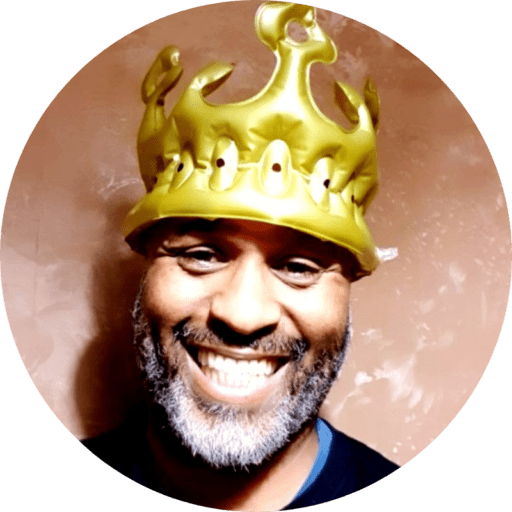There is a time between waking and rising. I find that time to be particularly full of insights and reflections.
Today – I have been pondering this ‘we, the people’ concept that is often used to justify election outcomes.
Democracy has become a popularity contest. I say ‘has become’ because I assume it wasn’t meant to be like this. Whether they are contests of ideas or personality or both, matters little – popularity contests are terrible way to pick leadership because they mostly attract those able to get the most claps.
But I digress.
After any election or referendum – there is a period when the news and the politicians use words to the effect of ‘the people have chosen’. In some cases, the ‘people’ also harp on about it is ‘the will of the people, ‘we voted and picked’.
In reality, there is no ‘we, the people’.
It implies some sort of deliberate collaboration towards common goals, but I can understand how the recipients of votes – the politicians – can see the electorate as a collaborating audience. Hence the difference in perspective.
When I go to a polling booth to cast a vote – I don’t do it as part of a carefully considered and coordinated effort with other voters. We haven’t weighed the arguments and made peace with our differences. There is no ‘We’. There is just me, acting on my current understanding – biases and blind spots and driven by my own sense of what is good for me and mine.
20 million people doing exactly the same thing in their own bubble is not an ‘us’. The country doesn’t get better by 20 million people each seeking their own selfish interest.
The ‘people’, the ‘electorate’, the ‘citizens’, ‘Britons’, ‘Americans’ are all collective terms that are generally meaningless to the individuals in they cover and mostly meaningful to the systems that need those collectives in their functioning. Those collective terms are used to justify decisions – give authority, even as though decisions hold terrible consequences for many of the individuals covered by the term.
What might happen if there was a ‘we’ – that ‘the people’ knew each other, debated and agreed on things that mattered to them and acted on their decisions in a coordinated way?
How might government with a ‘people’ that actually held them to account collectively, function?
I’m interested in building and using tech to enable true ‘we’ society and to close the gap between what is fantasy but dressed as reality and reality.
If you are too – then let’s chat.


Leave a Reply